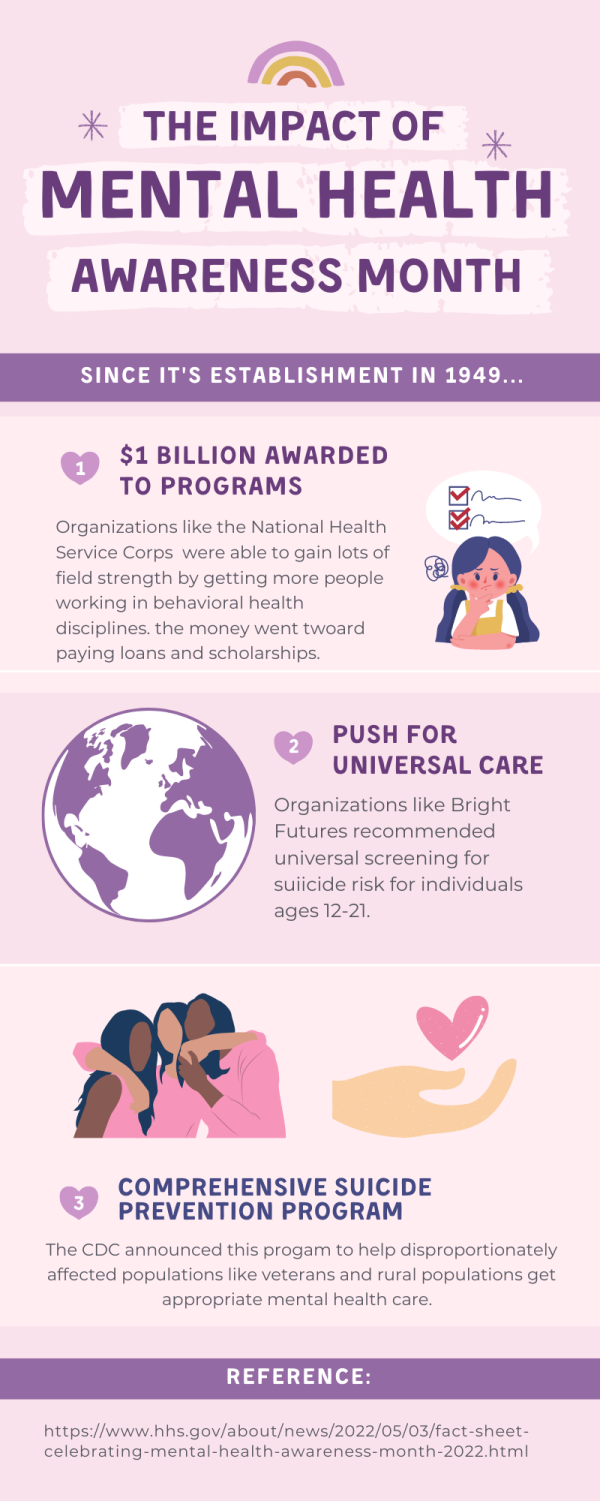- Smyrna School District
- Student Resources Home
- Mental Health Resources
Mental Health Resources
-
Need Help? If you need suicide or mental health-related crisis support, or are worried about someone else, please visit the 988 Suicide and Crisis Lifeline. Call or text 988 or chat 988lifeline.org.
Care Solace
-
Addressing Barriers to Student Mental Health Care
In today's world, our school district faces challenges beyond delivering an academic curriculum. Our mental health support teams work tirelessly to assist students both inside and outside the classroom. Yet, many barriers prevent even our most dedicated professionals from fully reaching those in need. Issues such as transportation, waitlists, co-pays, limited access to providers, and resistance to seeking help can stand in the way of care. Many families face difficulties starting, continuing, and fully engaging in the mental health support process.
To address these challenges, our district has partnered with Care Solace, a service designed to break down the barriers to mental health treatment, ensuring that support is accessible and within reach for every family.
Check up on your mental health
-
Please note: Online screening tools are meant to be a quick snapshot of your mental health. If your results indicate you may be experiencing symptoms of a mental illness, consider sharing your results with someone. A mental health provider (such as a doctor or a therapist) can give you a full assessment and talk to you about options for how to feel better.
This website is an informational resource. They are not a crisis support line. If you need immediate help, you can reach the Suicide and Crisis Lifeline by calling or texting 988 or using the chatbox at 988lifeline.org/chat. Warmlines are an excellent place to for non-crisis support as well.
Resources
-
Online Resources:
- It's Okay to Ask for Help - Delaware Resources
- NAMI Delaware - Find Info for Your Journey
- ADAA - Understanding Disorders
- SAMHSA - Find Help
- Mental Health DE - Resources
- 211 Delaware - Support
- Help is Here - Delaware
- Mental Health Association - Delaware
- Black Brown Delaware Therapists Directory
- Connects Black and Latinx Delawareans to culturally sensitive, competent mental health providers that look like them.
- Delaware Counseling Services
- Delaware Crisis Call Lines
- Includes: Mental Health, Domestic Violence, Sexual Violence, Crimes, LGBTQ+, HIV & AIDS, Housing & Homelessness, Financial Assistance, and Food Assistance.
- Delaware Hospitals and Programs
- Delaware Department of Services for Children, Youth, & Their Families - Division of Prevention and Behavioral Health Services
Understand Mental Health and Wellness
-
What is Mental Health?
Mental health refers to a person's overall psychological well-being, which includes emotional, behavioral, and cognitive aspects. It involves how people think, feel, and behave in their daily lives and how they cope with stress, anxiety, and other challenges.
Mental health is an essential component of overall health and well-being, and it is important to take care of it just like physical health. Regular exercise, healthy eating habits, adequate sleep, stress management, and seeking professional help, when needed, are all essential to maintaining good mental health.
-
Can Children have Mental Health Challenges?
Yes!
Young people can grapple with mental health challenges. These can include anxiety, depression, self-harm, and uncontrolled outbursts. Such behaviors may be seen as tantrums, hitting, kicking, biting, crying without restraint, and isolation. These issues can affect behavior, moods, learning, and interactions. Mental health problems often cause disruption at home, school, and in the community.
For more on this topic, click here.
-
Can Teens have Mental Health Challenges?
Yes!
Being aware of the initial indications of mental health issues is vital for maintaining your well-being. You might experience mood swings or irrational fears. You could distance yourself from others or attempt to avoid coping with stress by using drugs or alcohol. It's also essential to take note of significant warning signs such as weight gain or loss, persistent feelings of sadness or withdrawal, academic struggles, and difficulty concentrating. If you or someone you know has thoughts of self-harm or harming others, we strongly recommend seeking help from a trusted adult immediately.
For more information, click here.
-
Challenge the Stigma
Hey, just want you to know that if you're struggling with your mental health, it's totally okay to ask for help. Seriously, getting support from your loved ones can make a huge difference and help you get better faster. And don't forget, it's important to talk about mental health like any other health issue, and not keep it a secret. You got this, and we're here to support you all the way!
Reading List
-
Please click the links below to find recommendations from credible sources!


